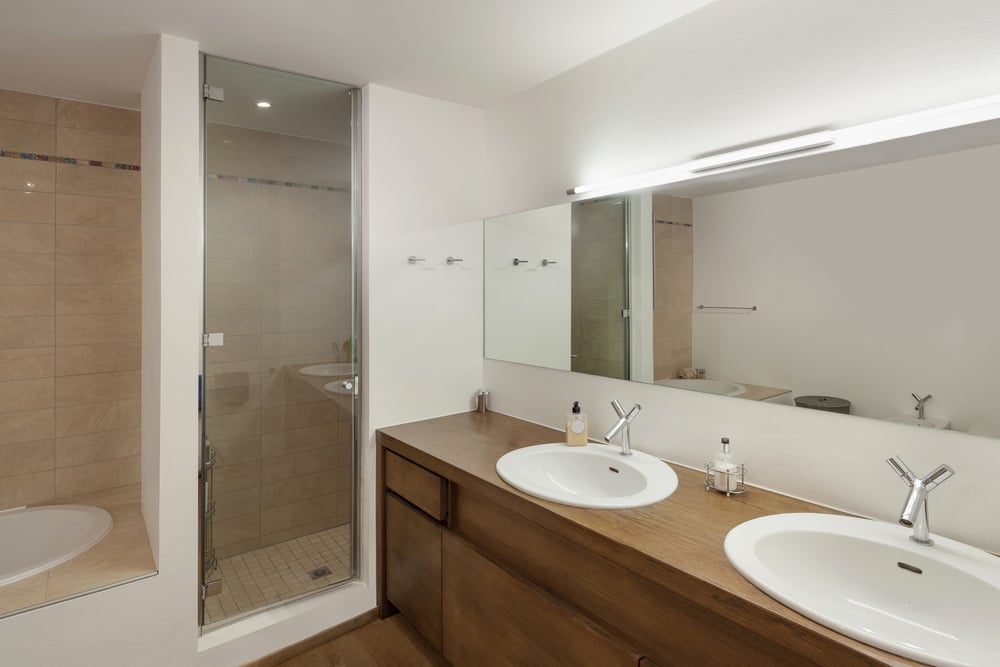What Is the Right Way to Understand the Concept of Purity?
Hanafi Fiqh
Answered by Shaykh Yusuf Weltch
Question
To what extent must one take water into the nose in ghusl?
If during ghusl, one does something which nullifies wudhu, what must they do?
What is the ruling of the remaining wetness after istinja‘?
How do we know if a floor is pure?
What are rulings related to wet dreams?
Answer
Jazak Allah Khairan for your question and we are happy that you found help and relief regarding your issue.
To What Extent Must One Take Water into the Nose in Ghusl?
One must take water into the nose up till the beginning of the cartilage of the nose. That is the hard bone-like portion of the nose. Please keep note that there is no need to go to any extreme in doing this. The extent that which one must wash would not cause any discomfort. If you are doing it such that it causes discomfort or even pain, that is too far.
If during Ghusl, One Does Something Which Nullifies Wudhu, What Must They Do?
Passing wind during the ghusl will only necessitate a new wudhu, not a new ghusl.
What Is the Ruling of the Remaining Wetness after Istinjaa?
The wetness or any drops of water that remain after istinja’ are pure.
How Do We Know If a Floor Is Pure?
If the floor which one intends to pray upon is dry it is considered pure unless one can clearly see or smell impurities. Things such as this are to be deemed pure until clearly proven otherwise.
What Are Rulings Related to Wet Dreams?
The rulings related to wet dreams are simple. If one sees wetness on their underpants upon waking up, then if they are reasonably sure that it may be semen, ghusl is obligatory [Hashiya Ibn ‘Abidin]. Seeing a dream is of no consequence. If one were to see wetness on their underpants without having seen a dream the above ruling would apply. If one were to have seen a dream but wake up to no wetness then no ghusl is necessary.
May Allah bless you
Allah A‘lam
[Shaykh] Yusuf Weltch
Checked and Approved by Shaykh Faraz Rabbani
Shaykh Yusuf Weltch is a teacher of Arabic, Islamic law, and spirituality. After accepting Islam in 2008, he then completed four years at the Darul Uloom seminary in New York where he studied Arabic and the traditional sciences. He then traveled to Tarim, Yemen, where he stayed for three years studying in Dar Al-Mustafa under some of the greatest scholars of our time, including Habib Umar Bin Hafiz, Habib Kadhim al-Saqqaf, and Shaykh Umar al-Khatib. In Tarim, Shaykh Yusuf completed the memorization of the Qur’an and studied beliefs, legal methodology, hadith methodology, Qur’anic exegesis, Islamic history, and a number of texts on spirituality. He joined the SeekersGuidance faculty in the summer of 2019.
